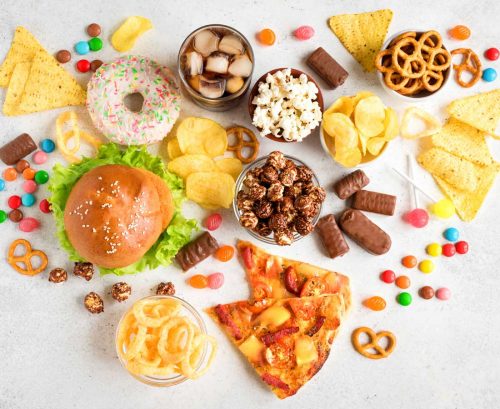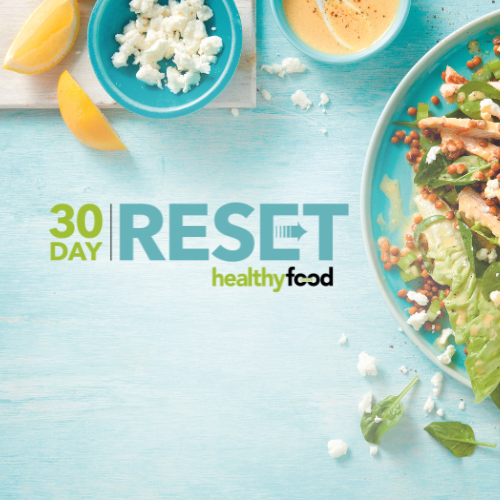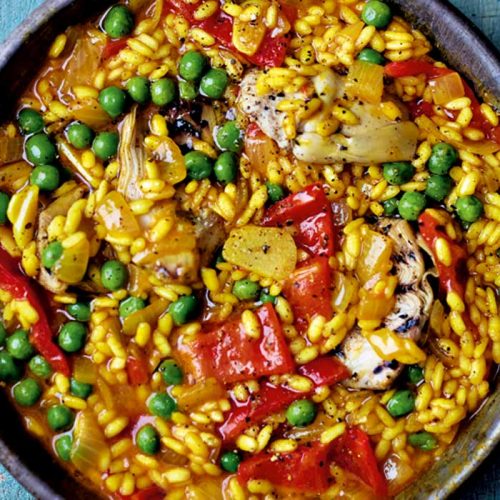
Eating too much ultra-processed food, such as sugary drinks, high-fat and high-sugar products and processed meats, may cause chromosomal changes linked to ageing, a new study has found.
The research, presented at this year’s European and International Conference on Obesity (ECOICO 2020), indicates people who eat a lot of ultra-processed foods (more than three servings a day) are twice as likely to have short telomeres, which are sections of chromosomes that can be used as a marker of ageing.
Telomeres are structures formed from a strand of DNA together with specialised proteins and are located at the ends of the chromosomes, according to the Spanish researchers.
“They are vital for preserving the stability and integrity of chromosomes and by extension, the DNA that every cell in our body relies on to function.
“As we get older, our telomeres get shorter, since each time a cell divides, part of the telomere is lost, thus telomere length (TL) is considered to be a marker of biological age,” the study authors say.
Data were obtained from 886 participants over the age of 55, with an average age of 67.7 years, and show those with a high intake of ultra-processed foods were more likely to have a family history of cardiovascular disease, diabetes and abnormal blood fats.
They also consumed more fats, saturated fats, polyunsaturated fats, sodium, bad cholesterol, sugary drinks, fast food and processed meats while consuming less protein, quality carbohydrates, fibre, olive oil, fruits, vegetables and essential micronutrients.
Interestingly, the researchers also found high intake of ultra-processed foods was associated with an increased risk of depression, especially if coupled with low levels of physical activity.
The findings were from a cross-sectional study and further research in larger longitudinal studies is needed to confirm them.
How to eat less ultra-processed food
The simplest way to reduce the amount of ultra-processed foods in our diet is to place the focus on buying whole foods, such as vegetables, fruit, nuts and seeds, and minimally processed foods such as milk and yoghurt, nut butters, extra virgin olive oil, oats and canned legumes. Semi-processed foods can also be included such as pasta, canned fish and cheese.
If you eat plenty of whole foods, it’s easier to reserve ultra-processed foods, such as chips, biscuits, chocolate bars and products with lengthy lists of artificial additives, as occasional treats.
To really make sure whole foods are a priority in your diet, plan and prepare your meals and snacks ahead of time, so there’s always a healthy option at hand, using this handy meal planner.
For advice on how to put more focus on whole foods check out: How to be plant powered
Article sources and references
- Lucia Alonso-Pedrero, et al. Ultra-processed food consumption and the risk of short telomeres in an elderly population of the Seguimiento Universidad de Navarra (SUN) Project. Am J Clin Nutr . 2020 Jun 1;111(6):1259-1266. doi: 10.1093/ajcn/nqaa075.https://pubmed.ncbi.nlm.nih.gov/32330232/
www.healthyfood.com










